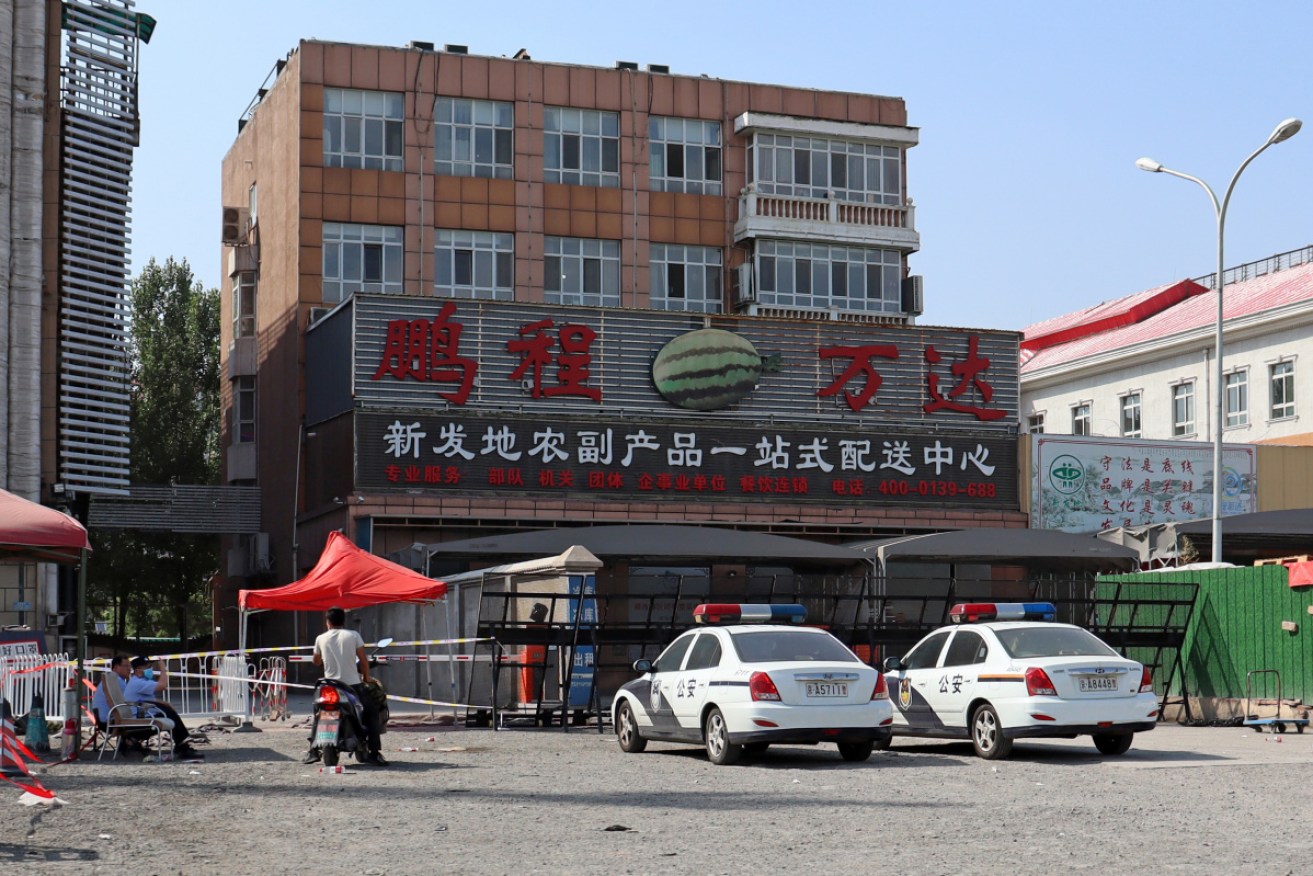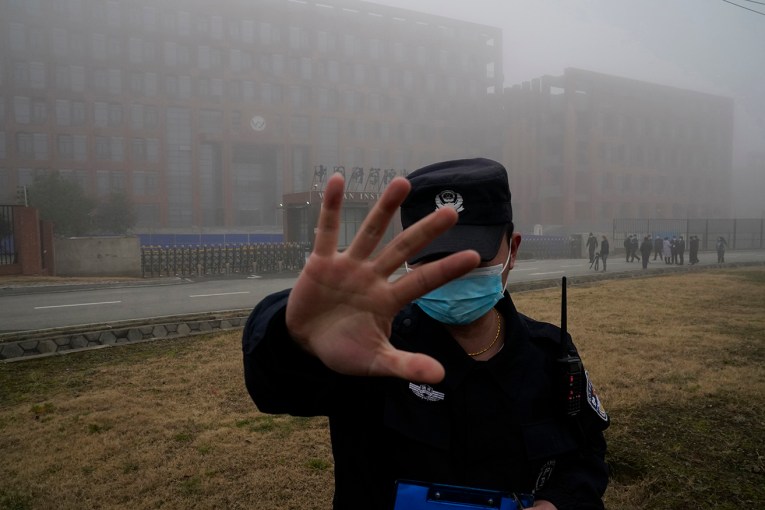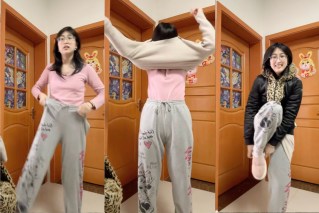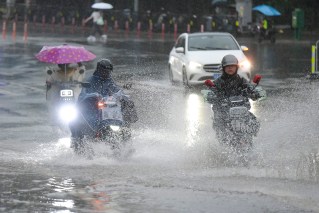Beijing on high alert as coronavirus cases climb


The outbreak has been traced to the sprawling Xinfadi wholesale food centre. Photo: TASS
Authorities in Beijing have imposed a soft lockdown across the entire city after reporting dozens of new COVID-19 cases for the sixth consecutive day.
Health officials in China’s capital had 31 new confirmed infections on Wednesday, bringing the cumulative cases since Thursday last week to 137.
It is the worst resurgence of the deadly virus in the city since early February and came after Beijing had essentially eradicated cases of local transmission.
On Tuesday, authorities raised Beijing to a level-two alert, the second-highest level in a four-tier COVID-19 emergency response level system. That reversed a one-step downgrade from level two to level three just 10 days earlier.
“The epidemic situation in the capital is extremely severe,” Beijing city spokesman Xu Hejian said.
“Right now we have to take strict measures to stop the spread of COVID-19.”
The World Health Organisation has already expressed concern about the cluster, pointing to Beijing’s size and connectivity.

A man is tested for coronavirus amid Beijing’s new crackdown. Photo: Getty
The fresh outbreak has been traced to the sprawling Xinfadi wholesale food centre in Beijing’s south-west, where thousands of tonnes of vegetables, fruit and meat change hands each day.
Some 200,000 people are thought to have visited the market since May 30.
In the past three days, Hebei, Liaoning and Sichuan provinces reported new cases linked to the Beijing wholesale centre.
Some 27 neighbourhoods have been designated as medium-risk areas, subjecting people entering to temperature checks and registration.
One neighbourhood, near the massive wholesale food centre, was marked high-risk.
Under the level-two restrictions, the city’s roads and highways remained open, companies and factories were not ordered to stop work, and there was no blanket curb on residential compounds.
However, movement of people in and out of the city is being strictly controlled and subject to COVID-19 tests. Residents in high-risk areas are quarantined in their neighbourhoods and are also required to undergo tests.
In a long queue of masked people waiting in the midday heat for tests near a Beijing hospital, rretiree Wu Yaling, 57, told AFP she lived near one of the closed markets.
“I try not to go out as much as possible,” she said.
Kindergartens, primary schools and high schools are all shut.
More than 60 per cent of commercial flights in and out of Beijing have also been cancelled, according to Chinese state media.
The website of the Communist Party’s Global Times said that as of 9am on Wednesday, 1255 flights to and from the capital’s two major airports have been scrapped.
They account for 67 per cent of outgoing flights and 68 per cent of incoming flights, the Global Times said.
Aviation data tracker Variflight showed that half the scheduled inbound flights and 40 per cent of outbound flights from Beijing Capital International Airport, one of the city’s two major airports, have been or will likely be cancelled on Wednesday. Most were domestic flights.
State media reported that rail officials were granting full refunds on all tickets to and from Beijing booked before Tuesday night, an apparent bid to discourage people from travelling even though services have not been officially cancelled.
All outbound taxi and car-hailing services, and some long-distance bus routes to nearby Hebei and Shandong provinces were cancelled on Tuesday.
Authorities in the Chinese territory of Macau, the world’s biggest casino hub, said people who have been to Beijing within two weeks of arriving in Macau will be quarantined for 14 days at a designated location.
-with agencies








